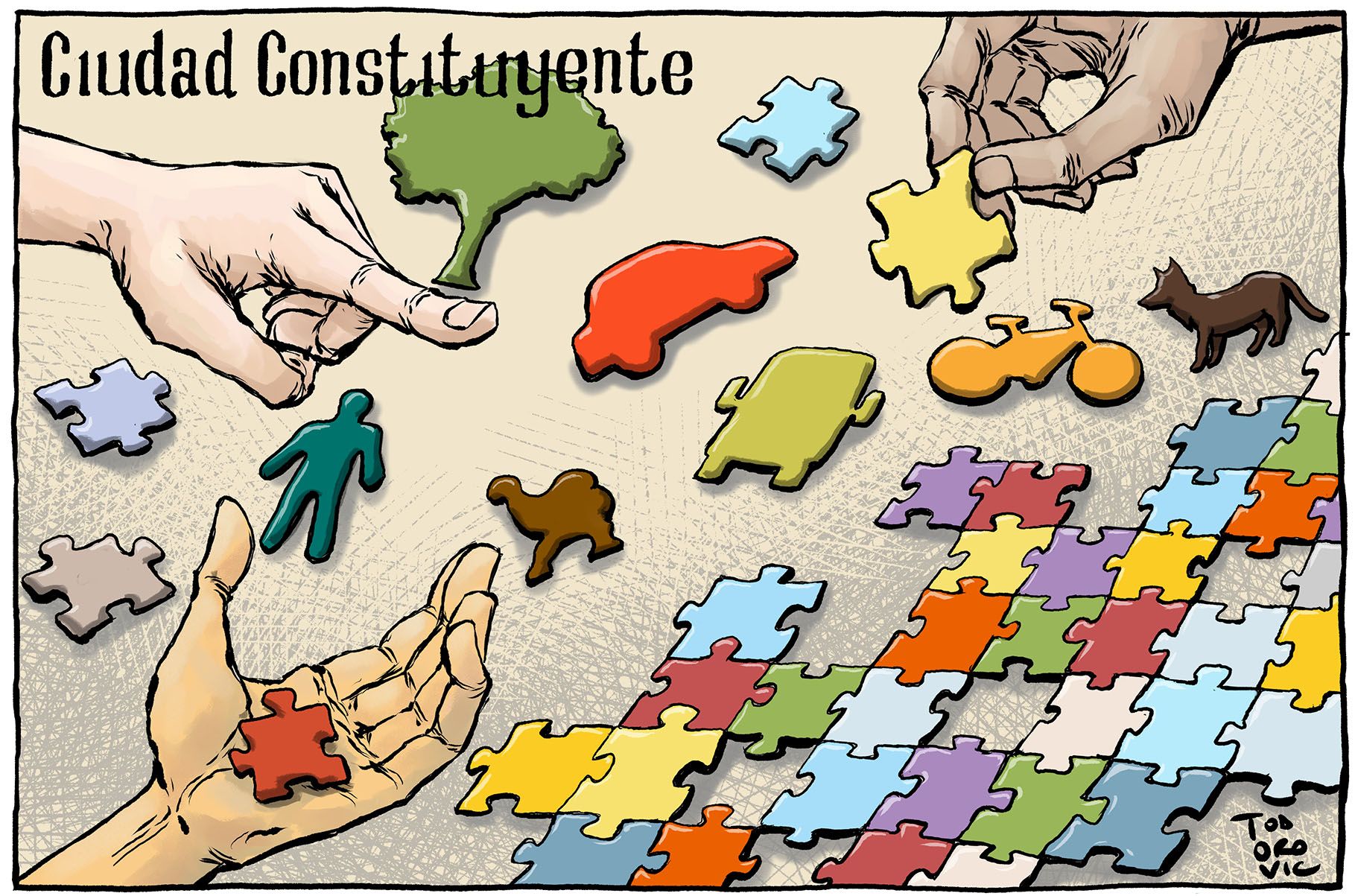Growing old with the place
Conceptual adaptations and methodological tools for spatial analisys of living in a deteriorated place advanced age
DOI:
https://doi.org/10.7764/plan.046.095Keywords:
EspañolAbstract
Research on the topic of population aging began more than a hundred years ago, but urban studies have a younger participation, dating from the last three decades, and differing by region. In developed countries there is vast literature on the concept of "Aging in Place", to study the relationship established by the elderly person and the place where they live. This article seeks to discuss the relevance of the use of the concept in the context of Latin America and the Caribbean, considering studies that have documented the gradual deterioration of buildings and neighborhoods as the life cycle progresses, generating a kind of parallel aging, the first biological, the second, the deterioration of properties due to the inability to pay for maintenance, and the lack of public policies to address this emerging problem. Therefore, a conceptual and methodological approach is proposed from the category "Aging with the place" for the analysis of the relationship that older people establish when residing in a place with physical or social deterioration, this with the interest of adding to the reflection on the challenges of Gerontological Urbanism in our context.
Downloads
Downloads
Published
How to Cite
Issue
Section
License
Copyright (c) 2023 REVISTA PLANEO

This work is licensed under a Creative Commons Attribution-NonCommercial-ShareAlike 4.0 International License.


